11-11-21
I live in the past. I do not live in the present. My future is not yet with me.
Hong Kong has become too modern, fast and brutal. I enjoy watching the old films of Hong Kong made in the 1950s. Our city was visually romantic and emotionally delicate. The profound beauties of life’s simple fundamentals moved me. People were modest and aspiring, and so were the movies.
My grandparents, parents and elderly relatives had gone. I do not know any friend being born in the 1920s except two: Sister Peggy (林貝聿嘉) who is still a righteous feminist and music master Choo Heng-cheong(朱慶祥) whose year of birth is 1927 and was just awarded an honorary doctorate by Hong Kong Academy for Performing Arts for his colossal amount of contributions to Yueju(Cantonese Opera) (粵劇) in Hong Kong.
Master Choo, despite his age, is youthful, witty, helpful and energetic. He said, “I am truly on my own. People around my age have all left me. My two great elder brothers who were also Yueju musicians passed away as early as in 1980s. I am not lonely. The days of my years are still beautiful. There are things in life which are invisible to the eye but they are discovered only by your heart. A senior should, before all else, exercise to prevent illness and also be thankful and happy. I exercise in Victoria Park at 4:30 a.m. every day. My father and uncle were both players in the musical ‘band’ of Yueju. They left China for Malaysia around 1920 and made a living as musicians in Ipoh theatre areas. I was born in the Old Town of this tin-mining Chinese city which was back to the late 19th century. I worked as an actor trainee when I was a little boy. The income instability soon forced me to be a musician who could easily get a well-paid job. I learnt to play western and Chinese music instruments. It was my dream to work in Hong Kong in those days. The city was vibrant, like the West End or Broadway in Asia. Malaysia prohibited men from leaving the country until they reached the age of 30 at that time. In 1959, when I was 32, I came to Hong Kong. The role of a ‘music director’ became my career and Hong Kong became my home.”
I asked, “Time slips away. Can you tell me the glory days of Yueju in the 50s?” Master Choo let memories walk through his mind, “Alas, the good old days never return. In the 50s, a theatre catering for two purposes, as a movie cinema and Yueju opera house, existed in almost every district of Hong Kong. There should be more than 20 at that time. The Yueju troupes performed on a regular basis in nice theatres. In the events of Chinese festival celebrations and temple consecrations, performances will be moved to open spaces and temporary bamboo theatres. Some backstage workers were so busy that they could not go home. They simply slept in the theatres. I was busy playing music.”
Master Choo immersed himself in the sweet memories, “In the 50s and 60s, a Cantonese opera ticket price was 8 to 9 Hong Kong dollars but a worker just earned 100 dollars a month. The ticket was one tenth of his salary. People loved Yueju so much that they did not mind spoiling themselves on such expensive but enjoyable shows. I remember the most popular artist Yam Kim Fai(任劍輝) once charged 50 dollars per ticket in the 60s.”
He sighed with dismay, “Now, Yueju is considered being over the hill as an art or entertainment. The art groups are doing their best to save the industry. The situation is really sad. In the past, an opera repertoire could last for many months but nowadays, even a good performance could survive for only one to two days. Yueju used to be for all ages. Today, most audience are senior persons. There is a vicious circle linking the poorer standard with poorer income of the performers ironically. We should turn newcomers to our field to become part of the solution, not just the problem, by giving them high-quality training. Many musicians and singers are technically fit. They simply cannot beat out a classical Yueju rhythm and charm on their music.”
Master Choo continued, “The past glories of Yueju are worth revisiting. In the 40s, 50s and 60s, Hong Kong opera groups were invited to perform in Macau, Chinese Mainland, Southeast Asia, Canada, American, Mexico, Cuba, Australia, New Zealand and Europe, wherever there were Chinese or China Towns. World touring was a difficult job. We rarely saw anything. We arrived in a foreign city, did the show and were gone. Such touring was critical to our earnings. I remember I was the first one in the trade to demand a ‘written contract’ for the protection of musicians. I was paid US$50 per day. To be frank, most Yueju workers were not educated but we made good money because of the booming Cantonese opera industry. After working hard for a few years, I bought my first apartment in Mong Kok and the price was only HK$38,500! Inflation is a terrible thing and without asset, too much money in the system would somehow make you poor!”
I asked Master Choo, “You must have many hard times in life for your past 94 years. How could you let yourself not be defeated?” He looked at me with pride, “Cantonese opera is a very special form of Chinese classical art. It is analogous to jazz in the western music. Within a certain frame of rules, actors and musicians spontaneously but wisely change their performances in order to adapt to each other so as to produce the best improvised show in the mood of the audience. All players knew how to interact instantly. Singing, acting, acrobatic feats and music accompaniment parts responded to each other creatively, harmoniously and beautifully. Hong Kong experienced too many social conflicts in the recent years. I genuinely wish that people in Hong Kong would learn, like what we are doing in Yueju, to think and move beautifully in matching harmony with other people. Reasonable accommodation for your teammate at the price of sacrificing your own wants and views is an inevitable part of compromise in life. We must acquire the quality of respect, both for yourself and others.”
I salute Master Choo by this: “getting old is like climbing a mountain; and you get a little out of breath, but the view of a senior fellow is much better!”
This article can also be found at the following sites:



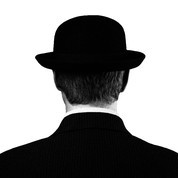
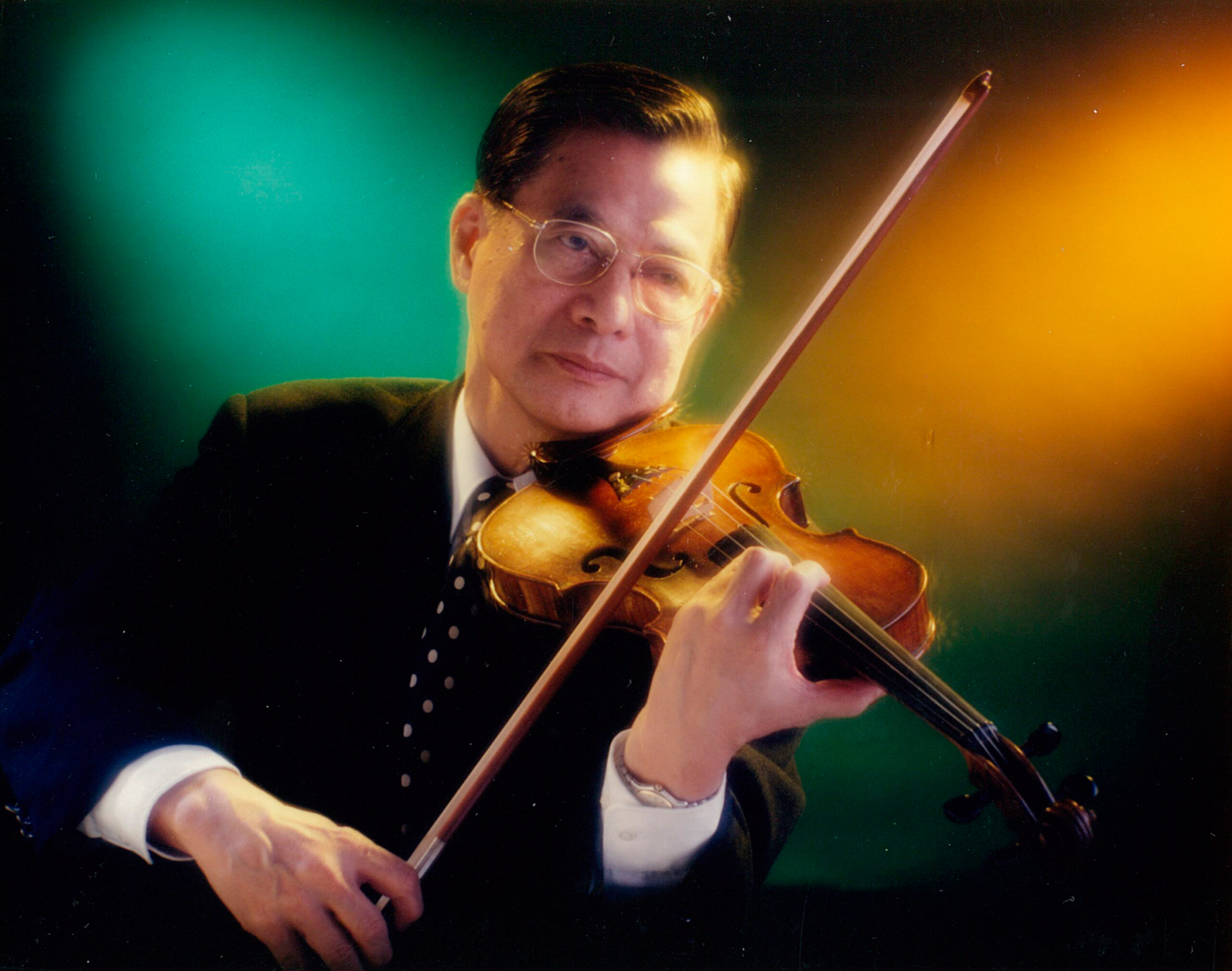
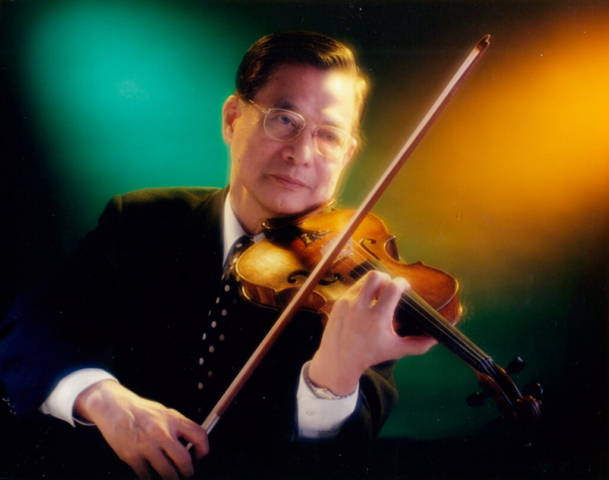
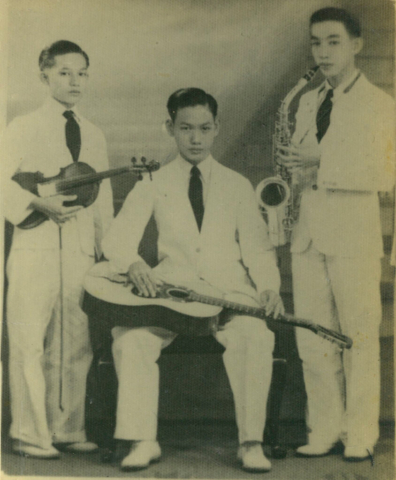
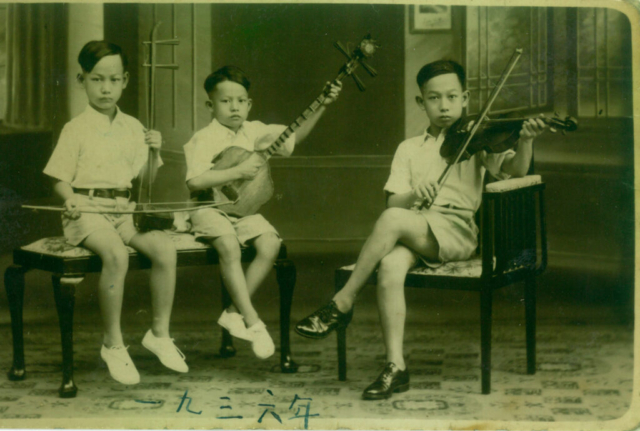

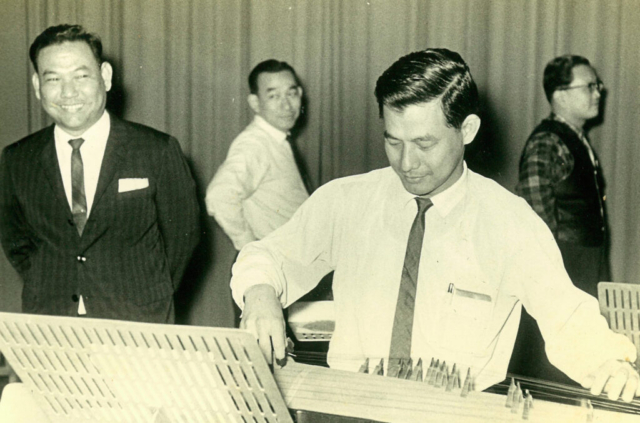
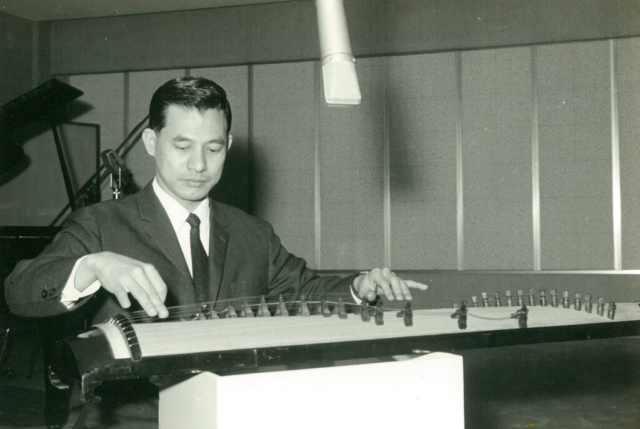
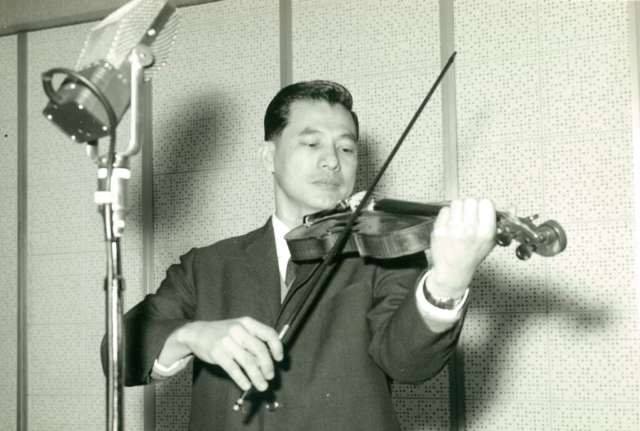
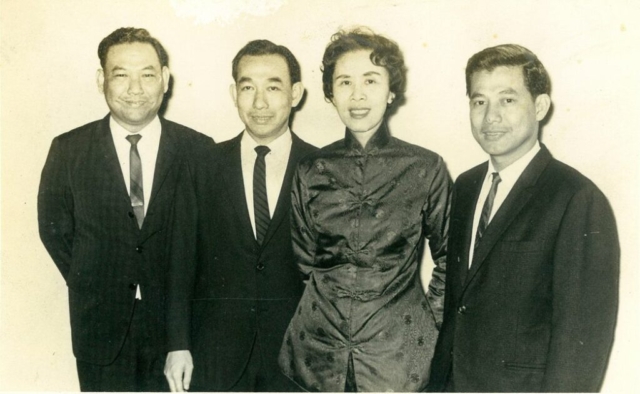
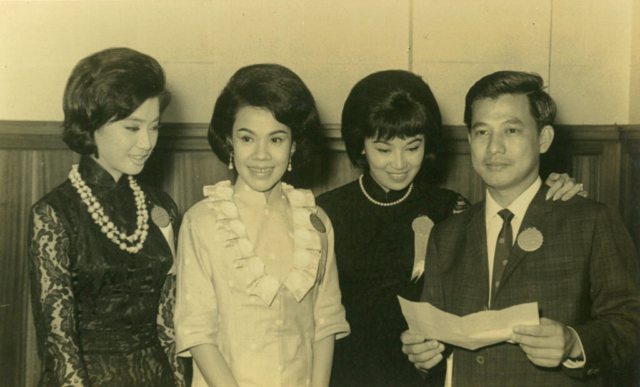
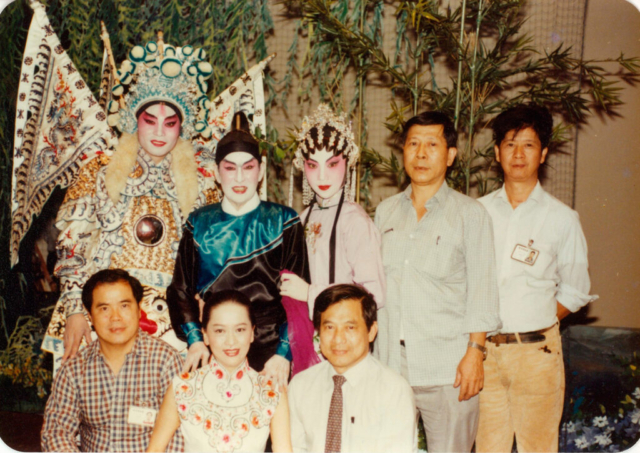
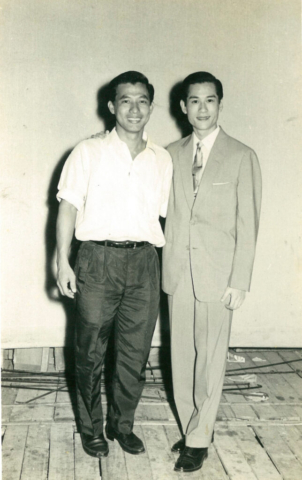
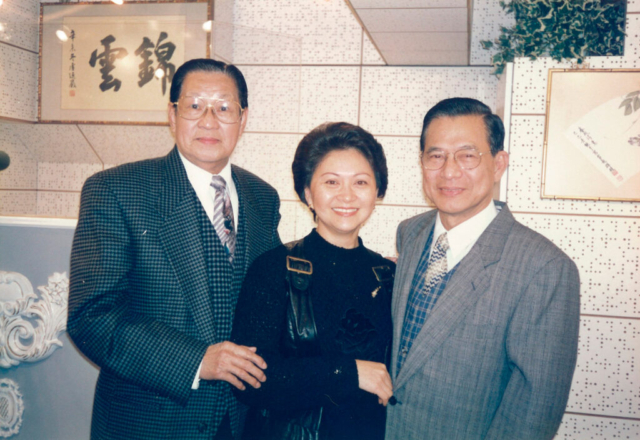
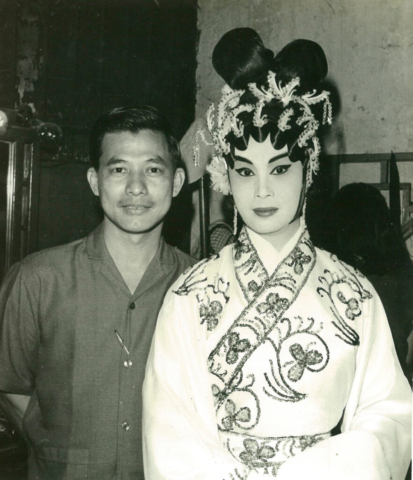
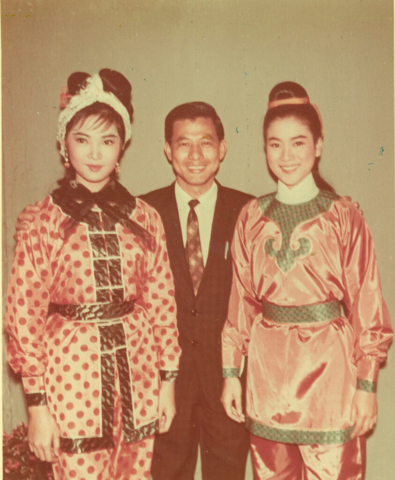
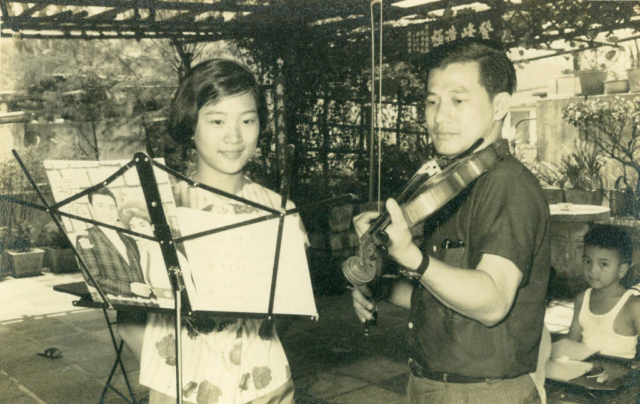
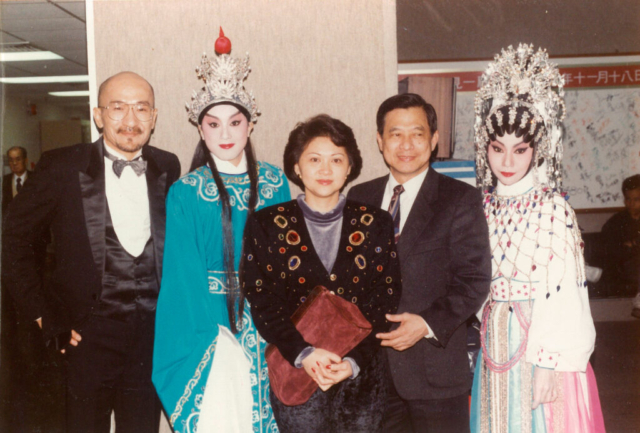
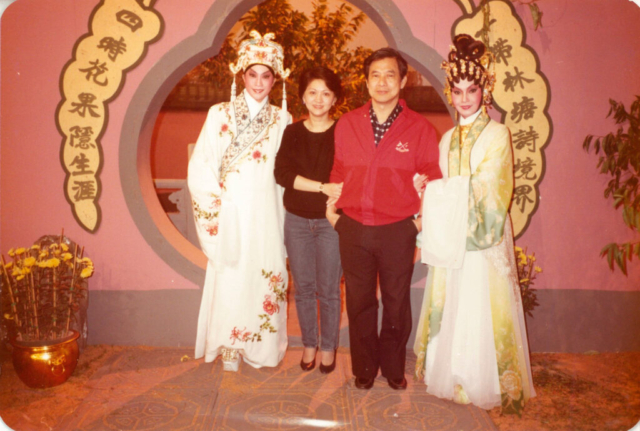
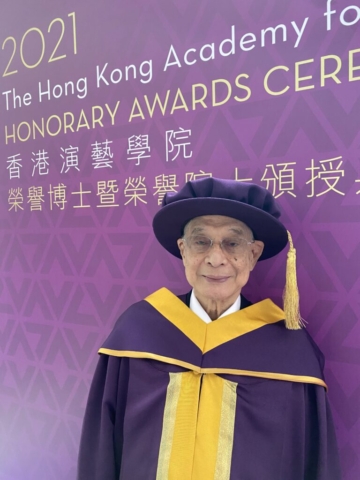
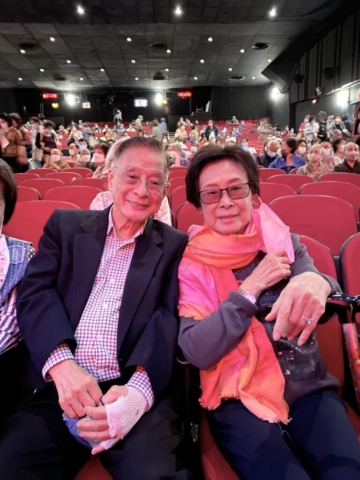
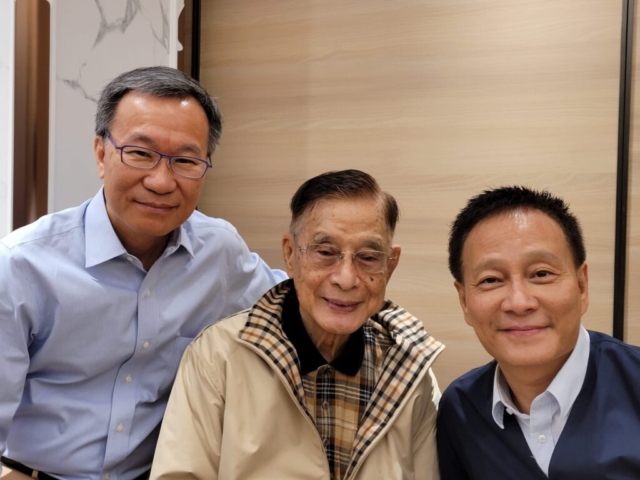
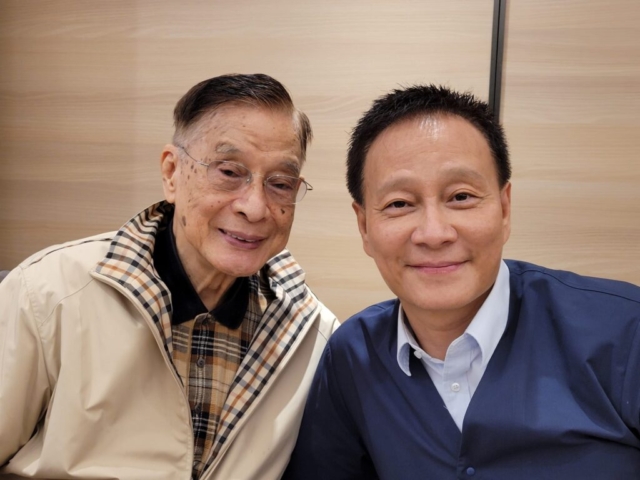
One response to “The 94-year-old Yueju Music Master Choo Heng-cheong: Hong Kong & Yueju Are Just The Same—Great People Should Move Beautifully Together To Accommodate Each Other”
[…] 英文版 English Version: https://hkartman.com/hkartman-blog-articles/culture/hong-kong-yueju-are-just-the-same-great-people-s… […]